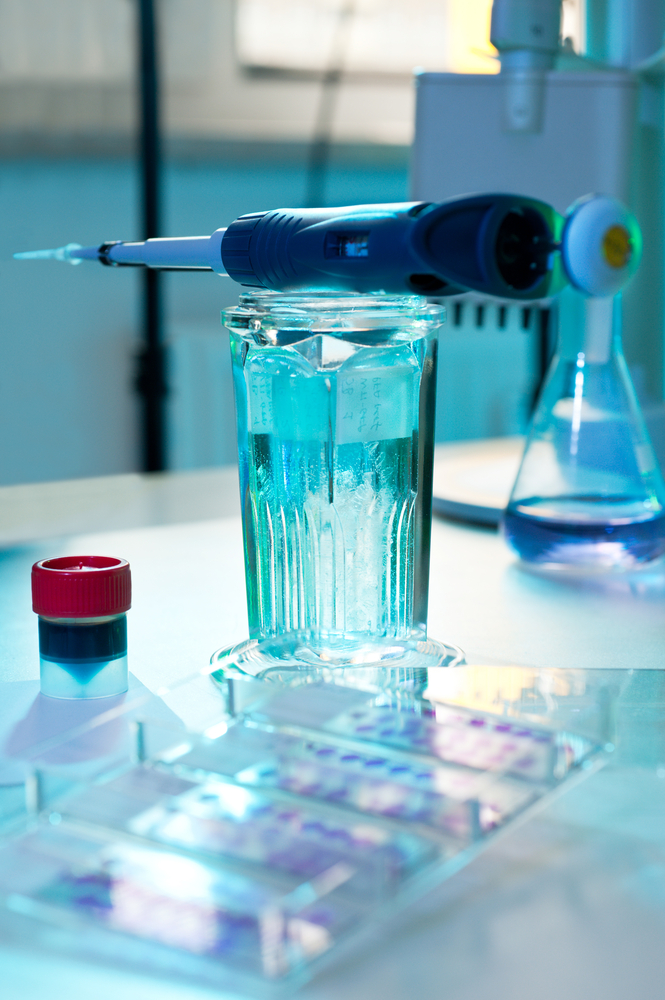 During this year’s European Society for Medical Oncology (ESMO) 2014 Congress, drug developer Provectus Biopharmaceuticals, Inc., will present a study entitled, “Subgroup efficacy in patients receiving intralesional rose bengal to all existing melanoma in phase II study PV-10-MM-02,” by Dr. Sanjiv S. Agarwala, MD, of St. Luke’s Hospital and Health Network, Bethlehem, PA, and colleagues.
During this year’s European Society for Medical Oncology (ESMO) 2014 Congress, drug developer Provectus Biopharmaceuticals, Inc., will present a study entitled, “Subgroup efficacy in patients receiving intralesional rose bengal to all existing melanoma in phase II study PV-10-MM-02,” by Dr. Sanjiv S. Agarwala, MD, of St. Luke’s Hospital and Health Network, Bethlehem, PA, and colleagues.
This study evaluated the safety and efficacy of intralesional (IL) treatment of refractory cutaneous melanoma with experimental therapy PV-10 in 80 patients in an international, multi center, single arm phase II trial.
PV-10 is a 10% solution of Rose Bengal, formulated to be injected into solid tumors, therefore decreasing possible side effects observed with systemic administration, and is mainly indicated for the treatment of melanoma, breast and liver cancers, with FDA attributing the “orphan drug” status to PV-10 for its application in melanoma and hepatocellular carcinoma.
After the treatment with PV-10, a high rate of symptoms control, including pain, ulceration, bleeding and infection, was observed in refractory patients. The data from this study was the basis for a breakthrough therapy designation application to the US Food and Drug Administration.
“These sub-group analyses show that response to PV-10 is maximized when all lesions get treated. The level of response observed in this heavily pre treated or refractory patient population with locally advanced cutaneous melanoma is noteworthy since, unlike those with more advanced disease, these patients have limited treatment options now or on the horizon,” Eric Wachter, Chief Technology Officer at Provectus, and co-developer of PV-10 said in a Pharmiweb interview.
Additionally, Provectus has another experimental drug, PH-10, going through clinical testing for psoriasis and atopic dermatitis. These two drugs, PV-10 and PH-10, finished phase 2 trials, respectively, as treatment for metastatic melanoma atopic dermatitis and psoriasis.
More information about Provectus’s clinical trials is available at the National Institute of Health (NIH) database, www.clinicaltrials.gov.
“We are very pleased that these subgroup data will be presented at ESMO this year, and we are glad that our principal investigator Dr. Agarwala will be available to discuss this work with attendees,” Dr. Craig Dees, PhD, CEO of Provectus, said in a company’s press release.


